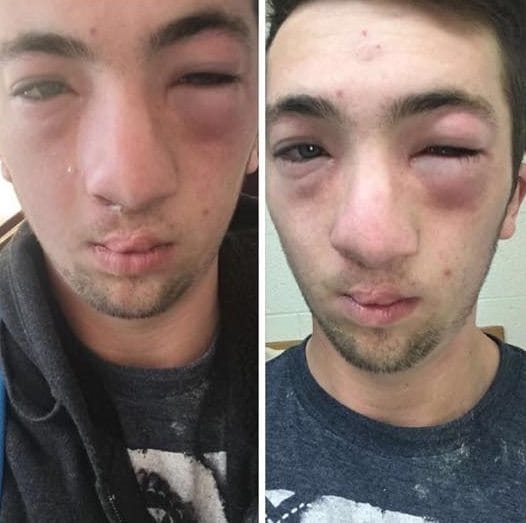The “September peak” for asthma shows signs of being especially troublesome this year because of a surge in a virus that can have especially nasty effects on asthmatics.
The September peak or spike occurs not long after the beginning of each school year – as a perfect storm of environmental conditions gives rise to increased asthma exacerbations.
“The most likely day to be hospitalized for asthma is 17 days after Labor Day,” notes Dr. Robert Reindhardt, U.S. Medical Director for ImmunoDiagnostics at Thermo Fisher Scientific.
Factors that contribute to the September peak include viruses, increased levels of mold and dust mite allergens, late summer pollens and kids mingling in close proximity.
“All of that interacts to push many patients over their threshold for asthma symptoms.”
But this year is even more challenging, with Enterovirus D68 making headlines as cases are reported across the country. Enteroviruses are a fairly common, but the particular strain being seen, D68, is relatively rare and was first described in the 1960s.
For those without asthma, the virus typically results in symptoms indistinguishable from a common cold such as runny nose, cough or fever. For people who have asthma, however, it can be another story.
“Patients who have underlying asthma in particular seem to be at risk to develop a severe case of the disease,” notes Reinhardt. “It’s been quite severe in cases. There have been a number of ICU admissions.”
There is no treatment for the virus, but you can take preventive measures. Reinhardt says the best way to avoid the virus is to follow the basics:
– wash hands thoroughly with soap and water for 20 seconds;
– avoid touching your eyes, nose and mouth with unwashed hands;
– avoid touching others after touching your eyes, nose or mouth;
– avoid kissing, hugging and sharing cups or utensils;
– disinfect surfaces;
– and do stay home if you’re feeling unwell.
Because the virus’s symptoms are typical of other ilnesses, like a cold, it’s hard to know if you have it unless you have severe symptoms. If you have asthma and are experiencing especially difficult symptoms, it’s always a good idea to visit a doctor or pulmunologist to make sure your asthma is properly controlled.
People with asthma can also take an additional step to minimize the risk. “If their asthma can be brought under better control by testing for, and reducing exposure to, their allergic triggers, that sort of approach may be more helpful to them than hoping that they can avoid exposure to the virus,” Reinhardt says. “If they can manage their asthma in an optimal way through this viral season, that may be the best strategy.”





